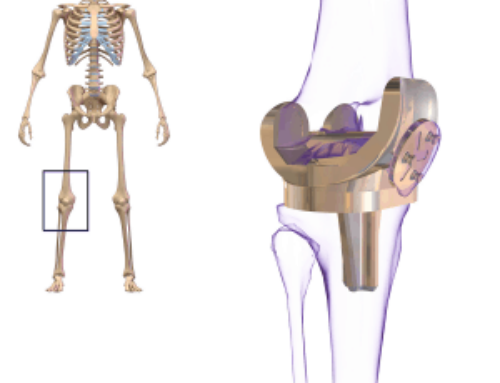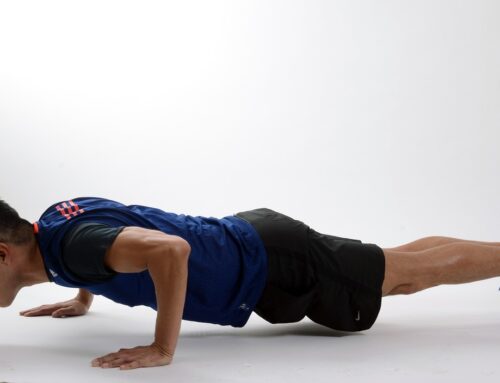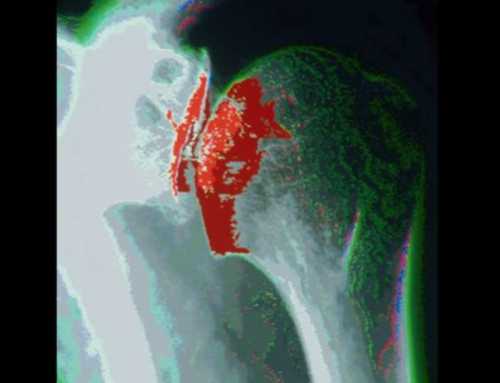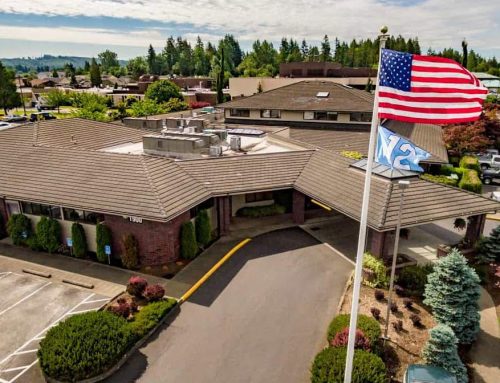A Dupuytren’s contracture is the result of thickening fascia beneath the skin of the palm most often near the pinky and ring fingers. Over time the skin at the base of an affected finger will become thicker before finally creating a knot and dimple appearance. A knot formation is indicative of the fascia thickening aspect of Dupuytren’s. Fascia is a layer of tissue between the skin and muscle layers that help anchor down your skin. Otherwise, the skin on your palm could be manipulated much like the skin on the back of your hand. As the fascia tightens into a knot like structure, the tightened skin and fascia cause the fingers to become progressively flexed, making extending the fingers difficult. Unlike a similarly presenting problem, trigger finger, Dupuytren’s does not involve any tendons.
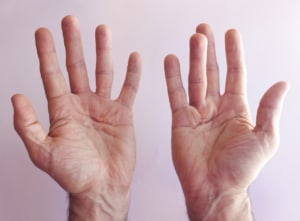
Although there is no known cause of Dupuytren’s, there are several risk factors:
• Gender: The prevalence is greater in men than women
• Ancestral Descent: People from Northern European or Scandinavian descent are most likely to develop the condition
• Age: Likelihood increase with age
• Alcohol & Tobacco Use: People who smoke and drink more regularly are more likely to present with the condition
• Medical Conditions: People with diabetes or a seizure disorder are more likely
Treatments depend on the severity of the contracture.
Factors such as the functionality of the finger(s), pain level, and your current activity status should be taken into account when considering treatment options. During the early stages of the disease small finger stretches can be used to prolong finger use, however, the nature of the disease is progressive and normally results in losing the finger’s functionality. During mild to moderate stages, a doctor may try using a needle to mobilize the knot to decrease symptoms.
Severe Dupuytren’s typically calls for surgical intervention.
In this case, the knotted fascia and possibly some of the surrounding tissue is excised during a short 15-30 minute procedure that can be done at our Ambulatory Surgery Center. Afterwards, the finger(s) is slowly rehabilitated through physical therapy until full or near full extension and functionality is restored.
Dr. Birchard and Dr. Bender at Washington Orthopaedic Center have a special interest in hand procedures and perform Dupuytren’s release surgeries on a regular basis. Feel free to give us a call at 360-736-2889 to schedule your initial consultation to discuss treatment options for your Dupuytren’s contracture.

